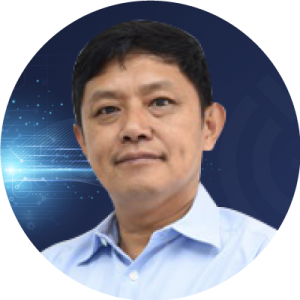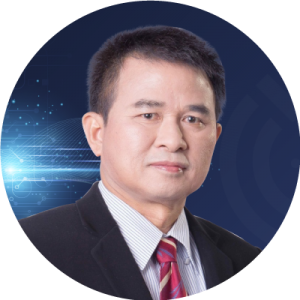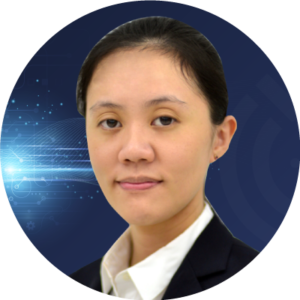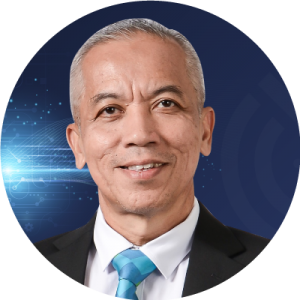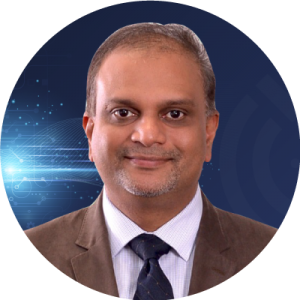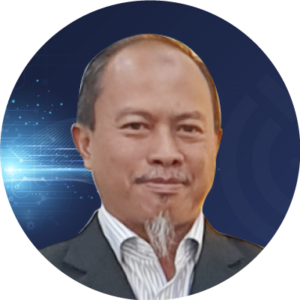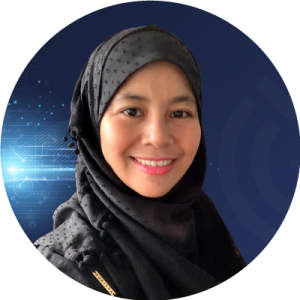Thursday | 5 August 2021
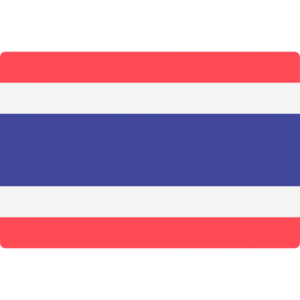
Thailand Session
- 10:00 - 12:00 (GMT+8)
Main Topic:
Investment Opportunities In Thailand's Water Services Sector
Abstract
Water resources are important factors in driving the country’s economy in all dimensions including the industrial, tourism, agriculture, and commerce sector. In the past, the Thai Government guidelines in water management originally intended to use only water from natural sources but now promote circulating and recycling water as an alternative water source. For the water service sector – transitioning to a circular economy presents an opportunity to accelerate and scale-up recent scientific and technological advances that support greater efficiency in the sector. It is also necessary to introduce innovations and technologies in water management system which can provide a more resilient and efficient water supply system, reducing costs and improving sustainability.
Participants can be sure to gain insights on the Government Water Management Policy and Plan, the Role of Water Management in the circular economy, and technology currently available.
Topic 1:
Water Balance Assessment and National Water Management Guidelines
Session Speaker
Dean,
Faculty of Engineering at Kamphaeng Saen
Topic 2:
Water Crisis Management in Accordance with Circular Economy System
Session Speaker
Committee of Water and Environment Institute for Sustainability,
the Federation of Thai Industries and Managing Director of Amata Water Co., Ltd.
Topic 3:
Alternative Ways of Providing Water Source : Sea Water Desalination Technology
Session Speaker
Chief Executive Officer,
Elemental Water Makers BV
Country Session Moderator
Department of Civil Engineering,
Faculty of Engineering,
King Mongkut’s University of Technology Thonburi
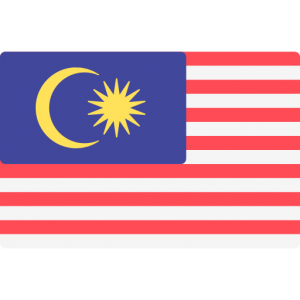
Malaysia Session
- 14:30 - 16:00 (GMT+8)
The Malaysia Session is sponsored by
Topic 1:
Proposed Changes in WSIA for Water Reclamation and Resource Recovery
Abstract
Session Speaker
Executive Director of Water & Sewerage Regulatory Department,
National Water Services Commission (SPAN)
Topic 2:
Water Reclamation for Non-Potable Use - Opportunities and Challenges
Abstract
Session Speaker
Chief Executive Officer,
Indah Water Konsortium Sdn Bhd (IWK)
Topic 3:
Challenges of Creating a Climate Resilient Water Infrastructure
Abstract
SESSION Speaker
Director of Operations,
Ranhill SAJ Sdn Bhd
Topic 4:
Digitalization towards Water Sustainability and Resilience
Abstract
Water is a scares resource which is depleting every single day. Ensuring water sustainability and resilience with the current and future technology is no longer an option. What is the bigger picture of tomorrow water network system?
Digitalization is the answer for the future network water system. The adoption of digitalization has been further accelerated due to the Covid-19 locked down. Smart instrumentations, data transmission and analytics opens up the possibility for water consumption prediction and predictive maintenance. Data integration is scalable and can be fully integrated to any third party or existing cloud via API. In future, artificial intelligence with machine learning will enable plant to be run autonomously. Let digitalization helps you to:
• Maximize transparency of water networks anywhere, anytime to enable operational reliability.
• Automate your distributed sensors to ensure compliance and eliminate manual data collection.
• Optimize your network availability to improve operational efficiency and reduce commercial losses.

